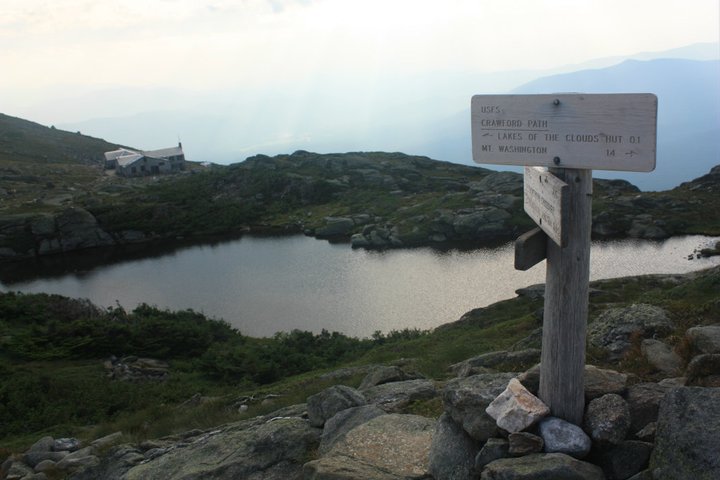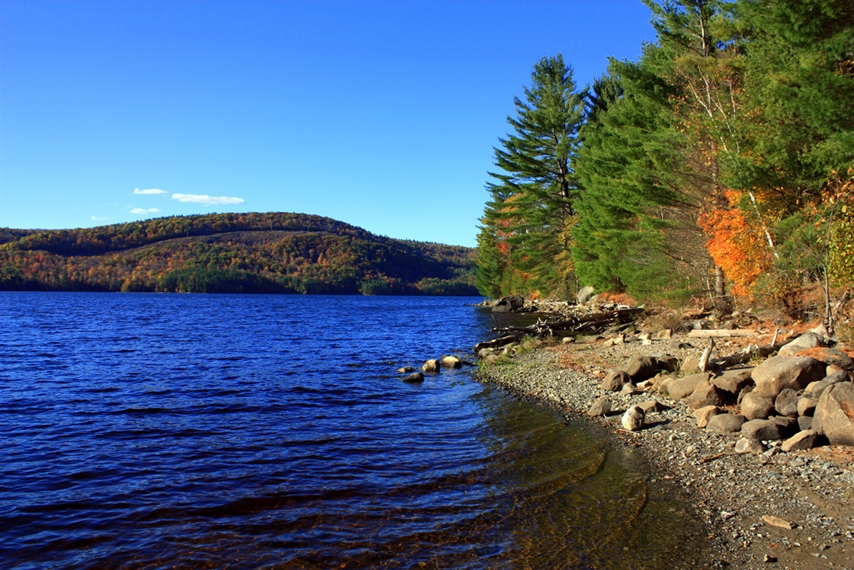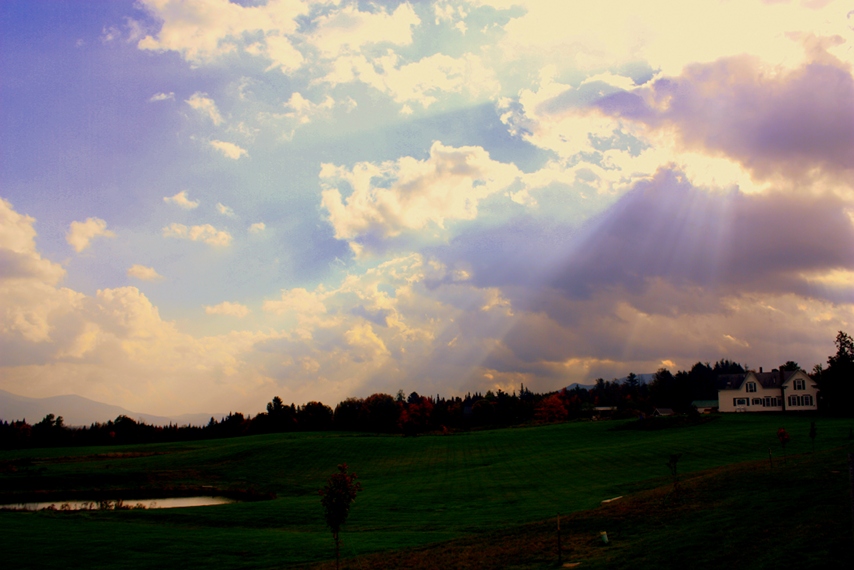With tourism as its chief industry, the North Country of New Hampshire knows how to paint a pretty picture. It is “God’s country,” land of unspoiled wilderness and slow-paced living, and those things are true – but they are not the whole truth. The region, which holds only five percent of the state’s entire population yet a third of its geography, has been in steady economic decline for the past fifty years as the paper and lumber mills that once defined it slowly failed. Its story is one of beauty and struggle, and its people are some of the most resilient I have ever met. Though I no longer live in the North Country, I am proud to call it home.
If ever you happen to find yourself in the region, I encourage you to try out the touristy hotspots. There is nothing like scaling the tallest mountain in the northeast, Mt. Washington – whether by foot, car, or cog railway – and finding yourself amongst the clouds. Polly’s Pancake Parlor in the sleepy hamlet of Sugar Hill makes an excellent oatmeal coconut pancake, and there is none of this ruse of luring people in with the promise of a solidly sweet breakfast only to charge extra for real maple syrup. A hike through the Flume Gorge or to Arethusa Falls can feel like entering Narnia or Middle Earth, the falls slipping like ghosts over their ancient, eroding rocks. And the grand hotels stand like stiff upper-lipped sentinels over the region, stately reminders of a national past that seems slightly foreign in its ordered grandeur.
Those who spend their vacations here see the slow pace and the untouched wilderness, but there is a hardness here, too. There must be for those who stay. The winters are long and cold, sometimes reaching as low as 40 below. With the right work hours, you can go for days or weeks without seeing proper sunlight. This creates a desolation, but it also creates a durability. Some of the toughest people I know hail from the North Country. As Daniel Webster once put it: “Men hang out their signs indicative of their respective trades; shoemakers hang out a gigantic shoe; jewelers a monster watch, and the dentist hangs out a gold tooth; but in the mountains of New Hampshire, God Almighty has hung out a sign to show that there He makes men.”

Life here is not one of convenience, let alone luxury. There are no malls or Starbucks or curb-side trash pick-up. Convenience is traded for other things: for fresh air and friendly neighbors and more peace than you can hold onto. Culture and diversity are also sacrificed in the trade. Many of the people who live in the region never leave, and few people immigrate in. This is a place slightly removed from the rest of the world, and it is both glorious in its novelty and tragic in its sameness. Especially for the people who are stuck here, who have no way to leave because they lack the education or the money or a fear born of an ignorance of the world beyond “the Notch.”
Luckily, there is nothing like a North Country summer. People speak of the many-hued tapestry of foliage season, but I prefer the green blanket of July or August. This is when the region comes alive. People gather on town commons for band concerts or family movies. They fill town halls with contra dance and Main Streets with parades and old cars and art. This is when you can pause to enjoy rolling landscapes and quiet moments without fear of icy roads or passing snowstorms. This is when sunlight paints the land.

And through it all, the mountains watch over us. They are the true keepers of this land. We belong as much as any humans can, carving out paths in the wilderness like ants in the dirt. They must laugh at how silly we are, at how hard we work just to survive in this place made for snowflakes and trees and eternity. Still, they let us stay. Sometimes, they close their eyes to rest – they have been here for oh, so long – and we keep watch in their stead.
I’m not sure if I’ll ever fully understand my relationship to this place. Home is simultaneously the place we know best and the place we see worst. We are too close to make out its shape. Unable to find perspective, we travel to exotic lands, partially in hopes of better understanding the place we left. We carry home with us, even when we desperately wish not to. It is the place against which we measure all others.















































